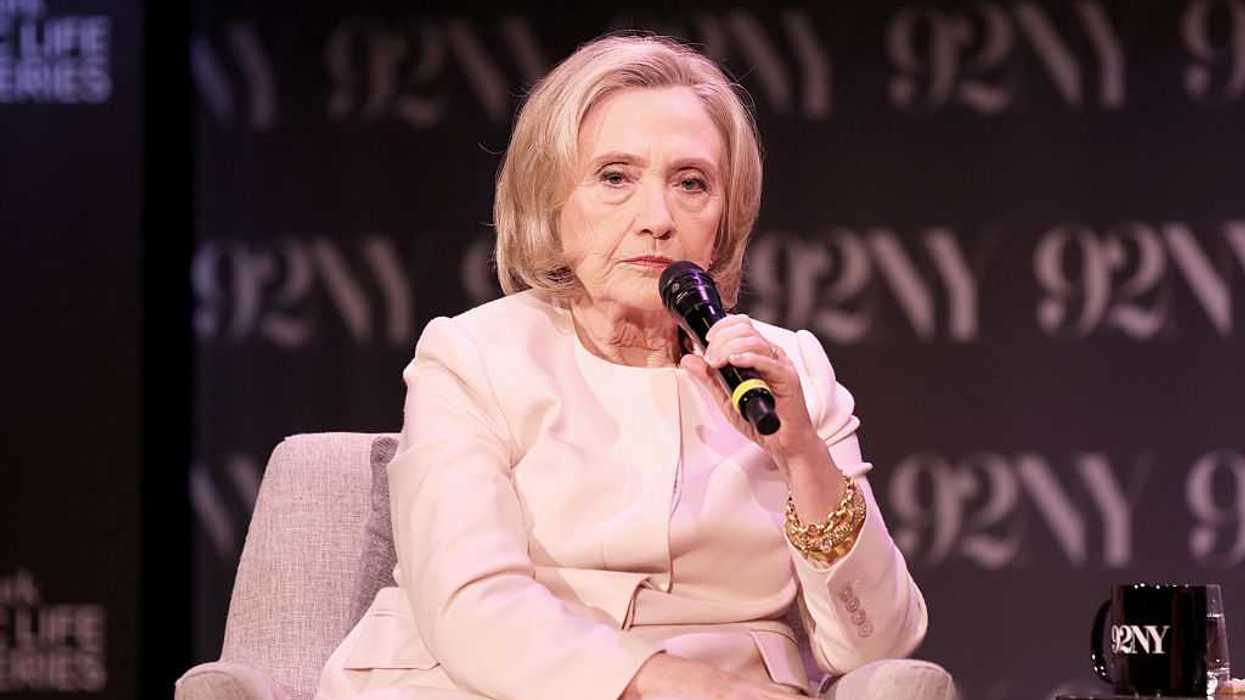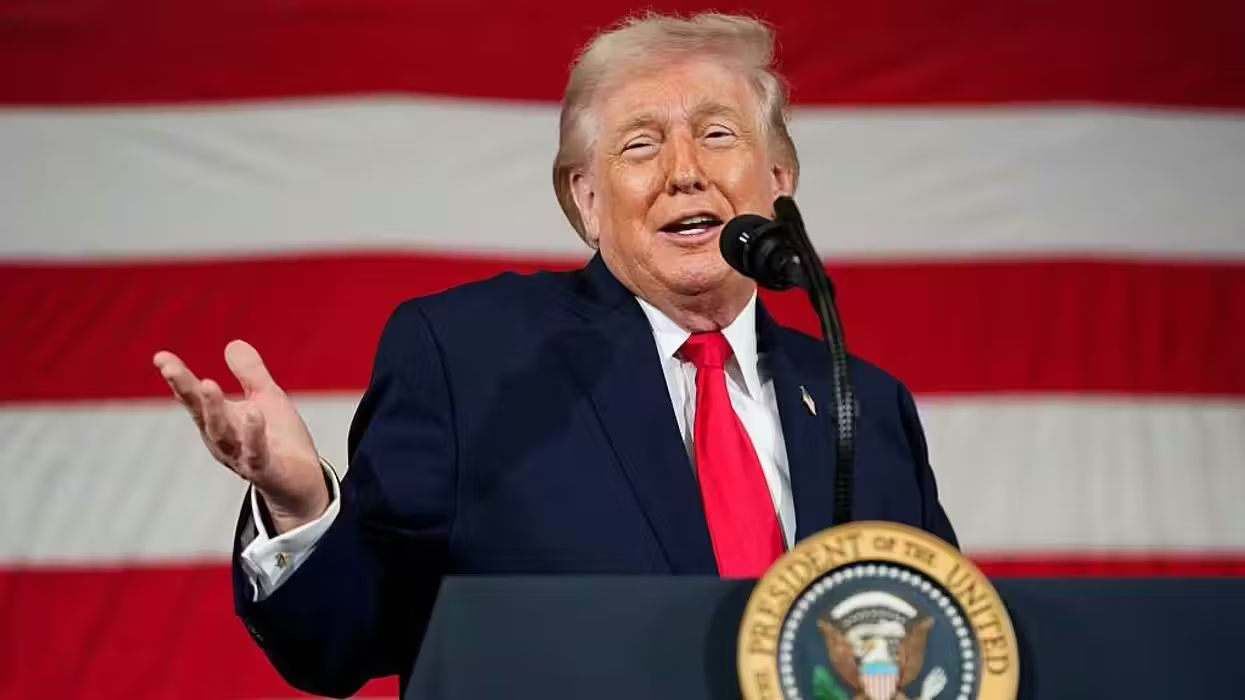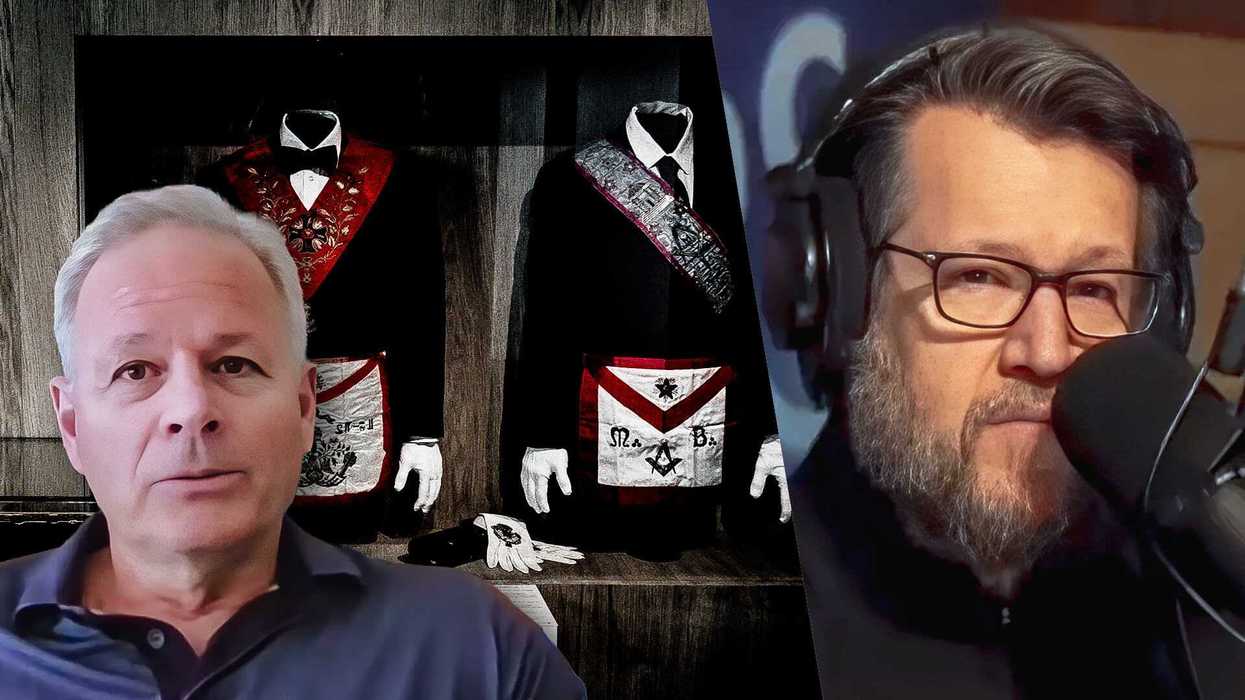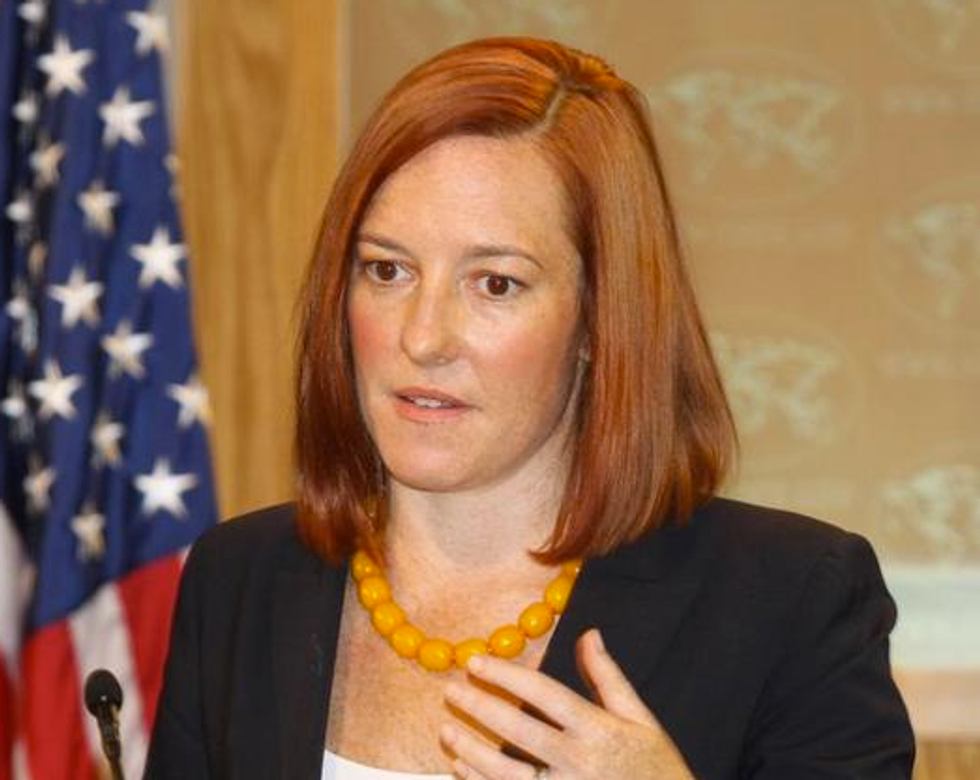
© 2026 Blaze Media LLC. All rights reserved.
Obama's deal with Cuba just got much worse for those who want Cuba's political prisoners freed
January 08, 2015
A State Department spokeswoman claimed Thursday that Cuba's promise to release 53 political prisoners was not part of the broad agreement reached in December about how to rebuild relations between the U.S. and Cuba, and instead was a unilateral commitment Cuba made on its own.
If true, State's announcement would seem to indicate that the Obama administration has very little leverage to ensure the 53 prisoners are actually released.
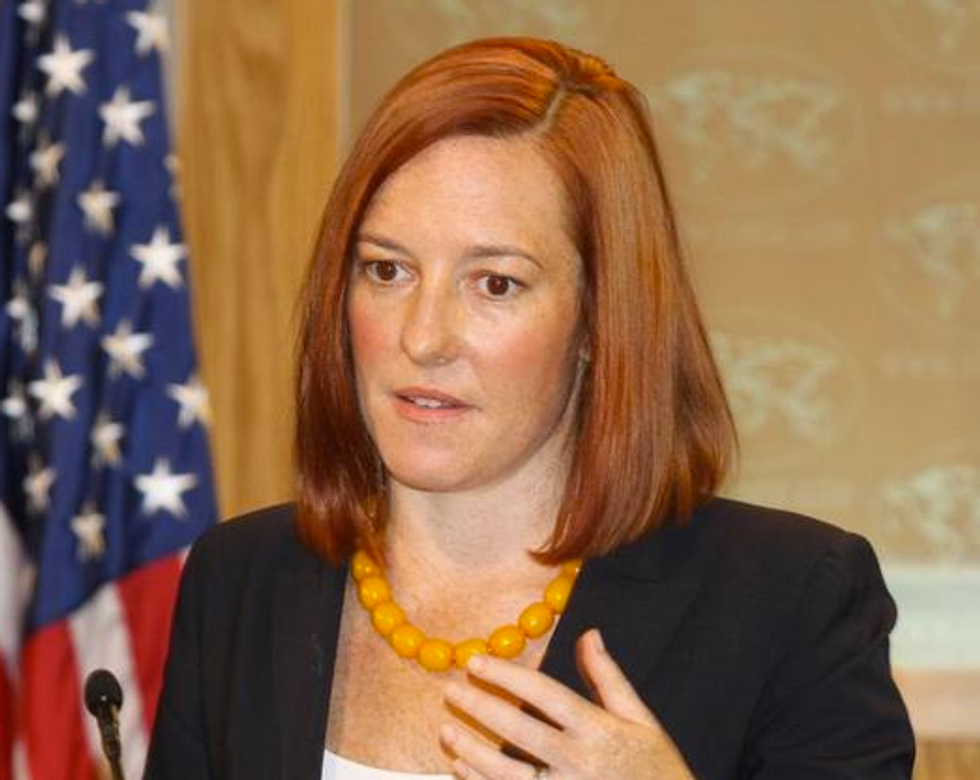
Image: Anadolu Agency/Getty Images
"This was not part of the negotiation, I think there's some confusion about that," said State spokeswoman Jen Psaki when asked again about how many of the 53 prisoners have been released. "This was a commitment that the Cuban government made to release these individuals."
Psaki said many have been "grouping together all of this," referring to President Barack Obama's announcement about the exchange of spies, the return of Alan Gross to the United States, and upcoming efforts to improve bilateral relations.
Psaki's statement seemed to go directly against Obama's statement from December — Obama himself mentioned the release of the prisoners in his December 17 speech announcing the deal, and indicated that these prisoners were part of the package.
"In addition to the return of Alan Gross and the release of our intelligence agent, we welcome Cuba's decision to release a substantial number of prisoners whose cases were directly raised with the Cuban government by my team," Obama said.
Regardless of whether the administration is changing its story on the agreement, Psaki's newest statement appears to indicate that the U.S. has little leverage over whether those prisoners will actually get released.
For example, if the prisoner release were part of the agreement, the Obama administration could presumably have the ability to withhold some of its own efforts to rebuild bilateral relations until all those prisoners are set free. But if Cuba's pledge truly is a unilateral commitment, the U.S. would seem to be in a weaker position to make Cuba follow through.
Over the last few weeks, it appears that the Obama administration in fact has very little leverage over the release of these prisoners. State Department and White House officials have repeatedly refused to say how many of the 53 have been set free, but have indicated that some are still in jail.
That has led to increasing frustration in Congress, where many members believe Obama struck an unenforceable deal with Cuba.
"The fact that the White House is not willing to release the names of the 53 Cuban political prisoners is a testament to the lack of transparency that has transpired from the beginning of these secret talks with a communist dictatorship," said Eddy Acevedo, senior foreign policy adviser for Rep. Ileana Ros-Lehtinen (R-Fla.). "However, the reality is that even if some of these political prisoners are released, thousands more will be detained this year because the tyrannical regime feels emboldened to continue their oppressive ways, since they see no consequences coming from the White House for violently attacking and imprisoning the people of Cuba."
Yleem Poblete, co-founder of Poblete Analysis and former chief of staff for the Foreign Affairs Committee, said Thursday's news is "another example of the administration's failed negotiating strategy of awarding concessions without first ensuring US demands and conditions have been met."
She also said it means the U.S. should stop all further cooperation with Cuba, especially in light of the further arrests of dissidents in Cuba since the White House announcement.
On Thursday, Psaki offered that Cuba has completed at least two rounds of releasing some of the prisoners, but didn't say how many have been released as of today.
Reporters have asked Psaki for details about the prisoners every day this week, and have said the public has no way of knowing whether they've been released without more information or their names. But Psaki has said the government does not want to provide any details for fear that doing so could somehow hinder their release — she refused to say explicitly what might happen if more details were provided.
But at the same time, Psaki rejected one reporter's assertion that the details of Cuba's commitment were "mysterious."
"I don't think it's a mysterious 53," she said.
Want to leave a tip?
We answer to you. Help keep our content free of advertisers and big tech censorship by leaving a tip today.
Want to join the conversation?
Already a subscriber?
more stories
Sign up for the Blaze newsletter
By signing up, you agree to our Privacy Policy and Terms of Use, and agree to receive content that may sometimes include advertisements. You may opt out at any time.
Related Content
© 2026 Blaze Media LLC. All rights reserved.
Get the stories that matter most delivered directly to your inbox.
By signing up, you agree to our Privacy Policy and Terms of Use, and agree to receive content that may sometimes include advertisements. You may opt out at any time.


